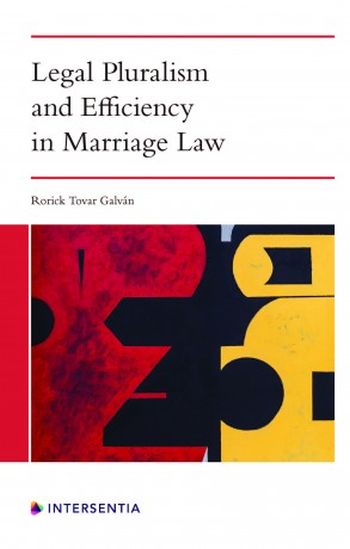
Based on economic theory, this book offers a novel approach to understanding the marital dynamic, explaining the substantive regulation of marriage and modeling legal outcomes at the conflict of laws level. Marriage law and international marriage law are presented as two sides of the same coin, two separate but complementary areas of the law dealing with different aspects of the relationship, pursuing the same goal: providing a legal framework to encourage continued cooperation between spouses – a positive spiral of repeated non-zero-sum-games – that enable both of them to obtain benefits of various kinds which are difficult or even impossible to achieve separately. On this ground the author proposes specific rules to regulate the party autonomy for the law governing the relationship, and to determine the applicable law in absence of a choice of law agreement for key aspects of the relationship: maintenance obligations, divorce, and property regime.
The book is organized in two parts, preceded by an introductory section, where the results achieved by the harmonization of conflict rules promoted by the EU are examined critically. The EU instruments are used as a mere example to illustrate the problems in terms of unpredictability and inconsistency caused by the current widespread view to resolve conflict of laws in marriage law. With this background, the first part puts forward economics as the approach to better comprehend the couple’s expectations of marriage. It focuses on explaining the economic rationale behind marriage, depicting its contractual nature, and demonstrating that common legal remedies as well as several mandatory and default rules in modern marriage law indeed have an economic foundation. The second part is devoted entirely to the conflict of laws dimension of marriage. Here, the costs generated by the legal pluralism, the role of private international law as promoter of cooperative dynamics, the plausibility of the emergence of a law market – an authentic regulatory competition between jurisdictions for marriage regulations, the benefits of removing restrictions on party autonomy, and the design of a default rule for the determination of the applicable law are discussed from a law and economics perspective.
The theoretical framework and conclusions arrived at do not depend on specific legal provisions in force in certain jurisdictions. The book will therefore be of interest to scholars and lawmakers attempting to launch reforms anywhere or looking for a practical and novel application of economics in the analysis of the law.